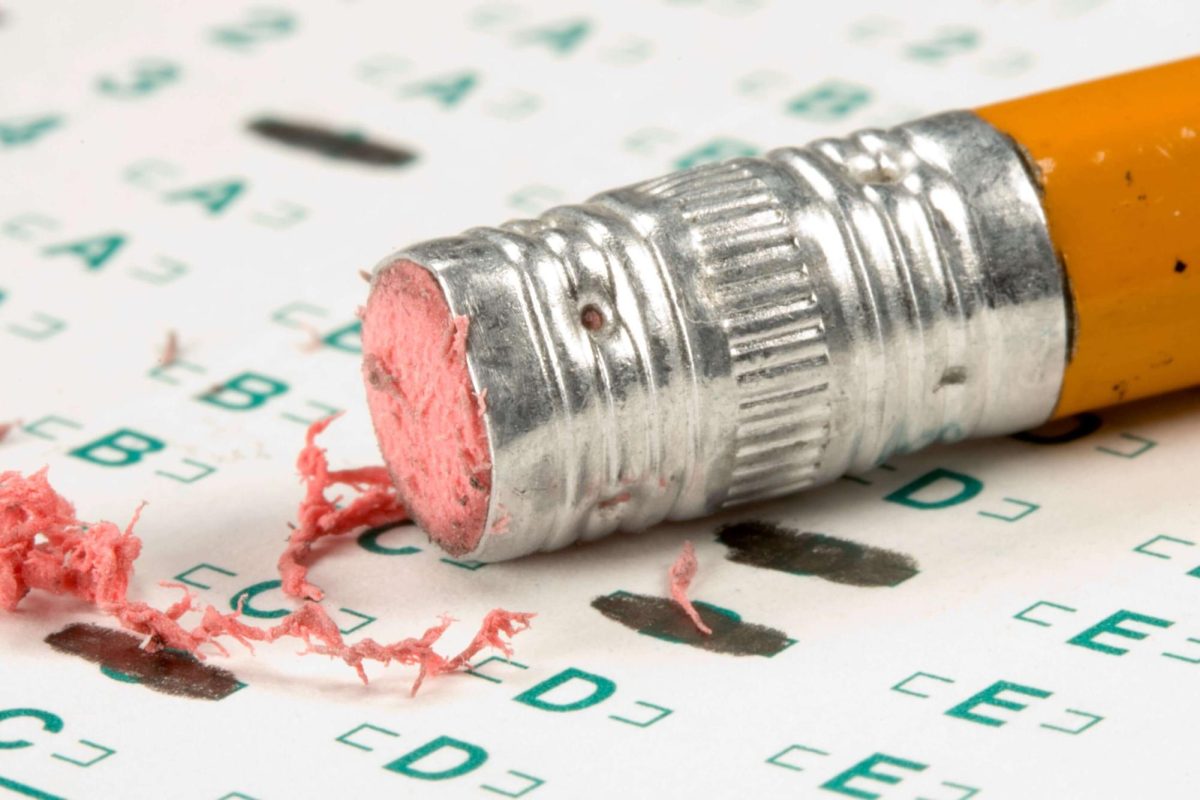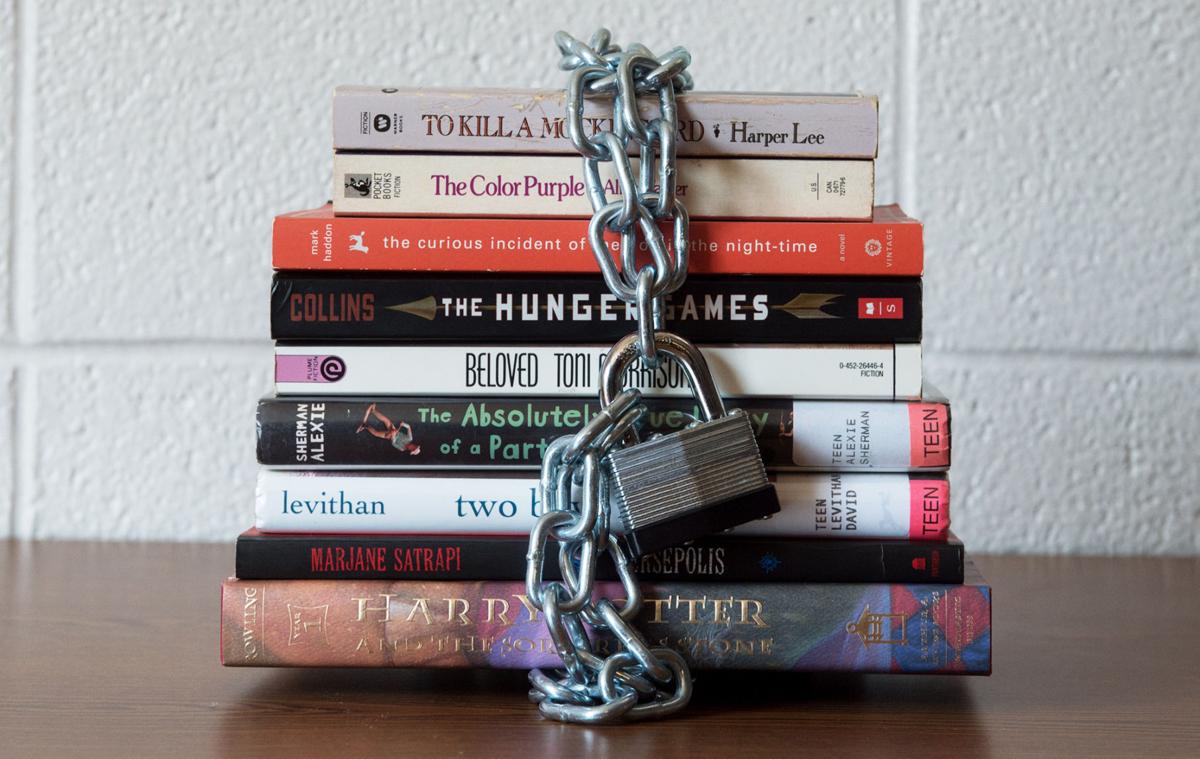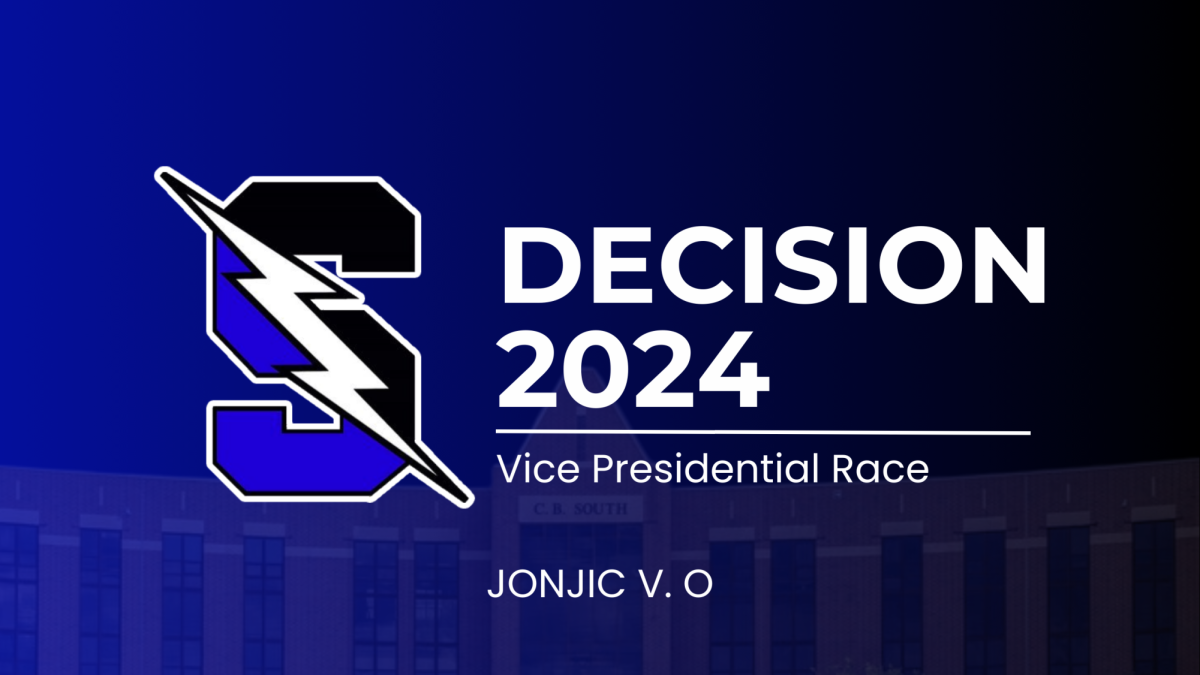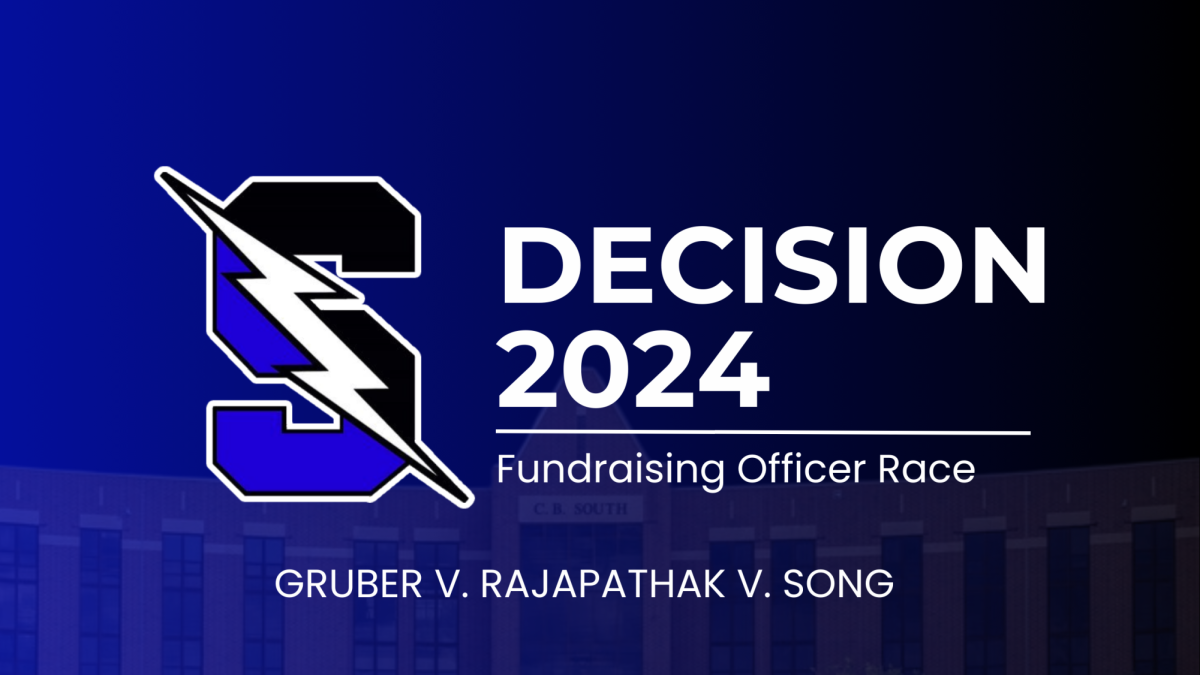From PSSAs to Keystones to SATs, thousands of students every year take exams that require them to sit in a silent room and perfectly fill in bubble after bubble. Used for class prerequisites, college admission, and graduation requirements, it’s important that students take these assessments to help determine their futures, even if they find them tedious. However, the main concern isn’t whether standardized testing is fun, it’s whether it is the proper way to evaluate student knowledge.
After the COVID-19 outbreak in 2020, many colleges became test-optional as standardized tests couldn’t be administered. While most of society has returned to normalcy, one lasting effect of the pandemic is the continuation of test optional college applications.
According to FairTest, the National Center for Fair and Open Testing, over two thousand colleges and universities in the United States will not require applicants to include their test scores for fall of 2025 admission. Many of these schools have declared this policy permanent, while others are still deciding. Even top universities like Columbia are allowing test-optional applicants.
So, if colleges are using these assessments less, why are students still taking them?
Standardized tests are a quick and easy way to measure student achievement, as scores on these exams are supposed to determine how well teachers taught and what students know. They are sometimes even used as factors for accelerated classes or requirements for graduation. Unfortunately, standardized tests undermine this goal and are instead harmful for students and their education.
Although it’s believed that standardized tests evaluate student knowledge, it’s solely the ability to memorize information that they truly test them on, when traits like creativity, integrity, curiosity, and imagination are more important.
Psychologist Robert J. Sternberg, professor of human development at Cornell University, summed this up in his book, Successful Intelligence: How Practical and Creative Intelligence Determine Success in Life, saying, “The increasingly massive and far-reaching use of conventional standardized tests is one of the most effective, if unintentional, vehicles this country has created for suppressing creativity.”
In such a diverse world, an individuality is encouraged that cannot be shown with standardized testing, yet students are still forced to live up to that standard. How are students able to be both, their own individual while also staying on par with everyone else?
Additionally, by trying to fit this “standard,” students struggle to understand the material taught.
Experiments performed by human behavior expert Alfie Kohn showed elementary students were actively engaged when they could ask questions, make connections, and review content they didn’t comprehend, leading to greater understanding. Students who were superficially engaged copied down answers, guessed, and skipped over the difficult parts, not understanding the material as well as the students actively engaged. Yet, it was these superficial students who performed higher on the Comprehensive Test of Basic Skills and Metropolitan Achievement Test.
The reason for this superficial engagement is a result of superficial teaching, or “teaching to the test.” “Teaching to the test” is term for any approach to education whose curriculum is focused mainly on preparing students for a standardized test. In simpler terms, teachers only teach students what they need to know for the test, skipping over other, “non-important” information. This system artificially boosts scores, called score inflation, resulting in inaccurate evaluations of knowledge.
Another reason these exams are inaccurate is due to stress levels they cause in students. Standardized testing is only added anxiety onto all of the other pressure students have with homework, extracurriculars, jobs, and their social lives.
Every day the psychological state of a teenager changes and can vary their performance. The National Bureau of Economic Research conducted a study in 2018 that showed dramatically increased stress levels the week of exams. These fluctuations in stress hormones harmfully impacted the results of scores.
Along with this, students go through many mental and physical changes, causing their mental and emotional state to alter daily. How progressive or damaging their situation is that day can determine how the student performs on the test; therefore, a student could take a test one day and get a perfect score or take the same test the next day and fail. In order to get a precise measure, tests would have to be administered multiple times over a variety of days, and still, they cannot be completely trusted.
Standardized testing is an inaccurate and harmful system of measuring student knowledge. Different forms of evaluation should be used to improve student knowledge, ways of determining that knowledge, and benefit students overall.



















